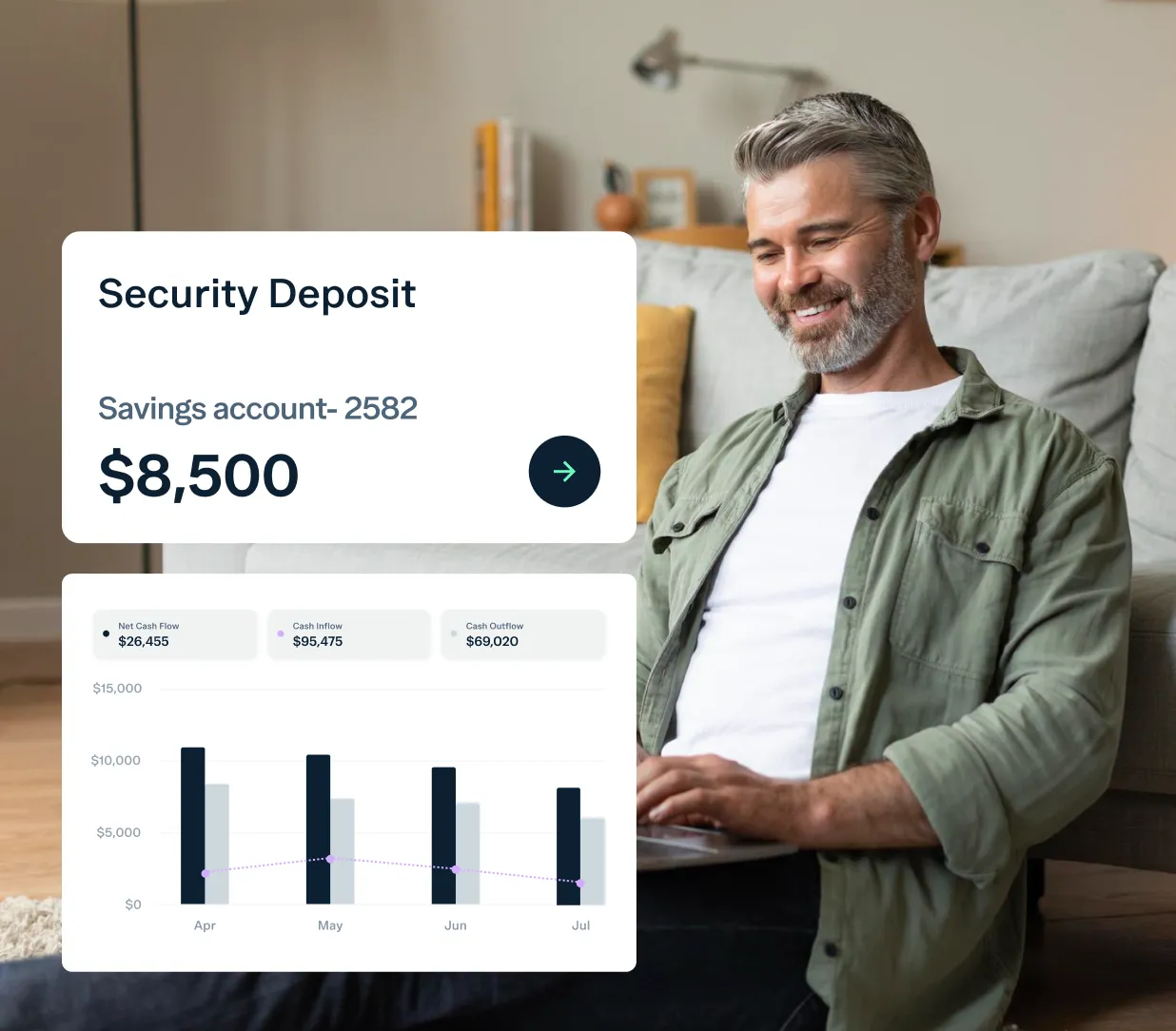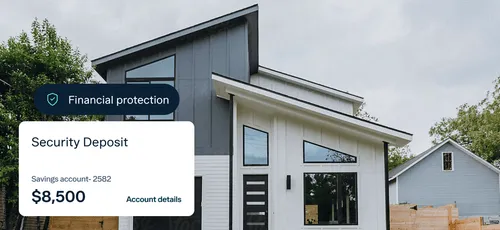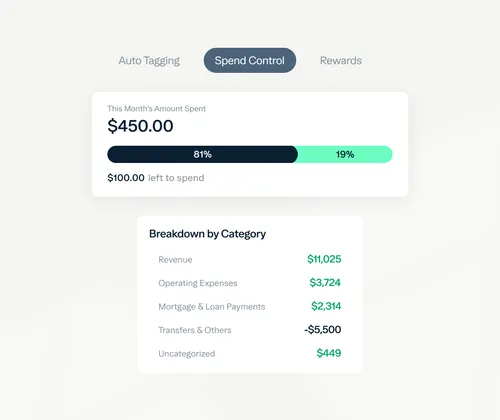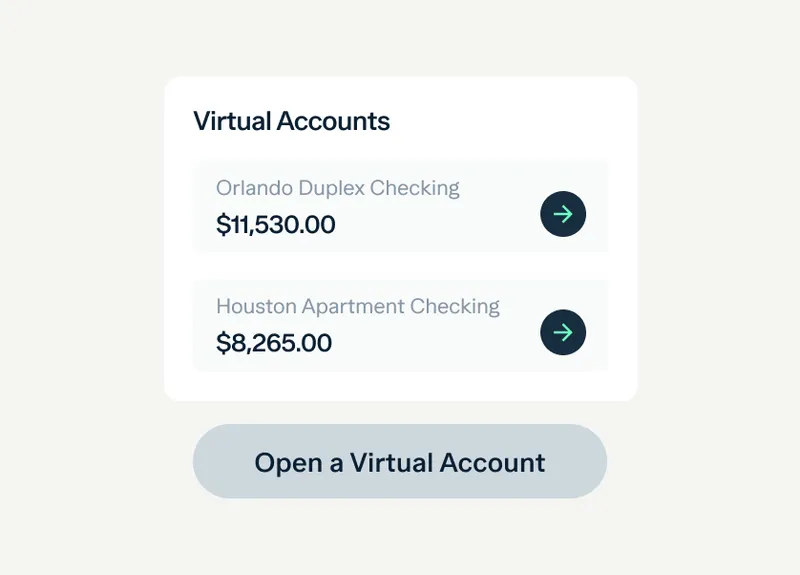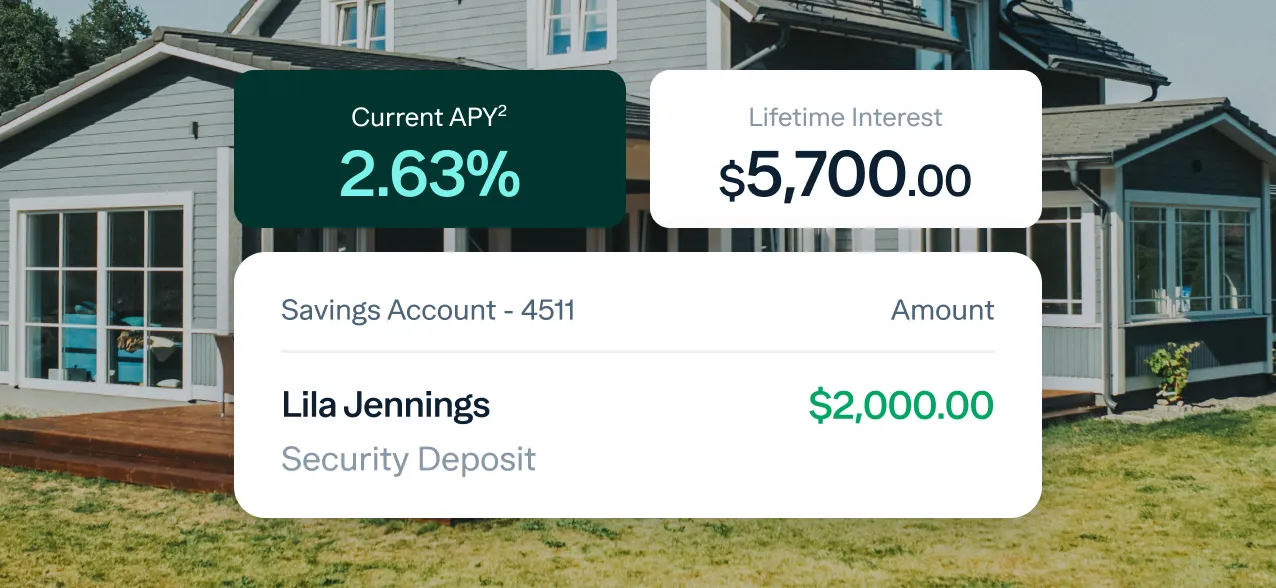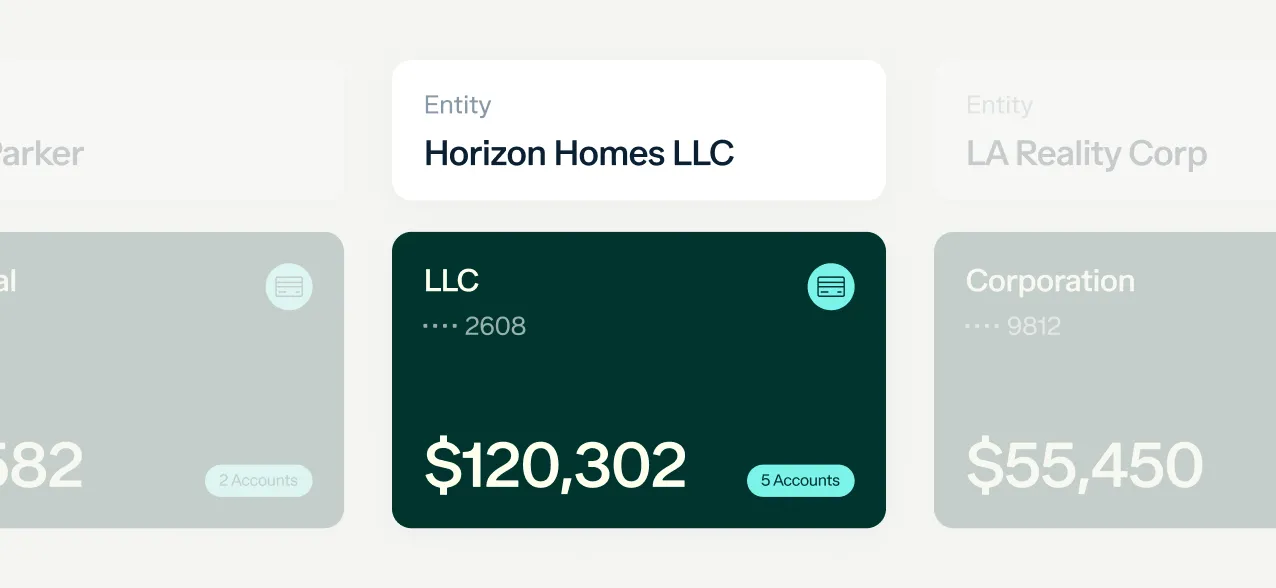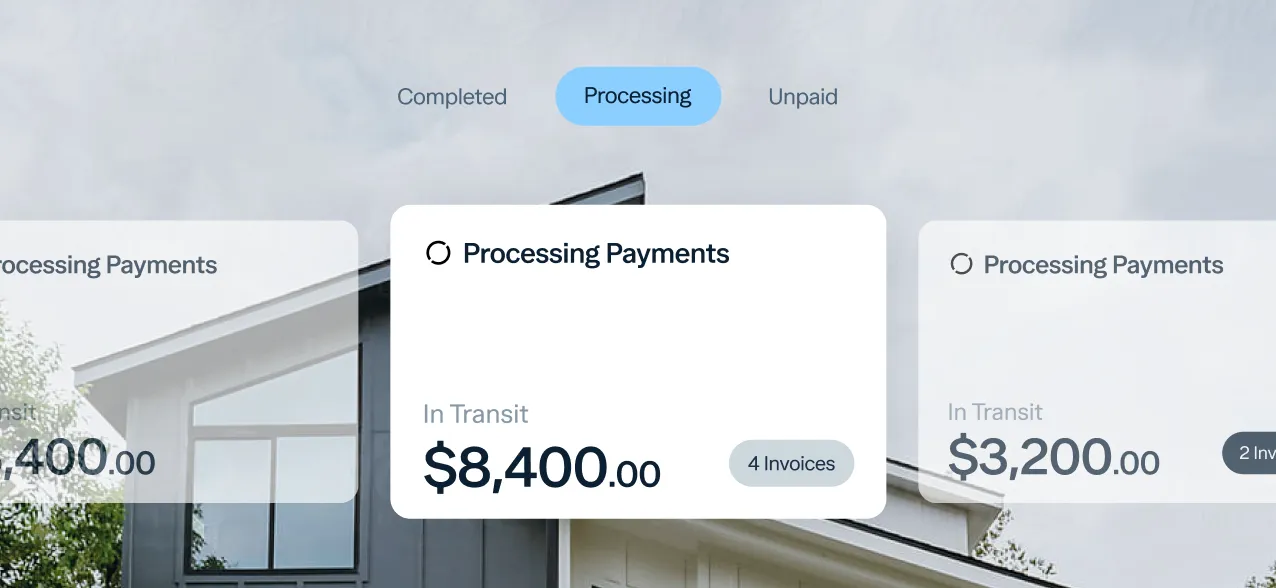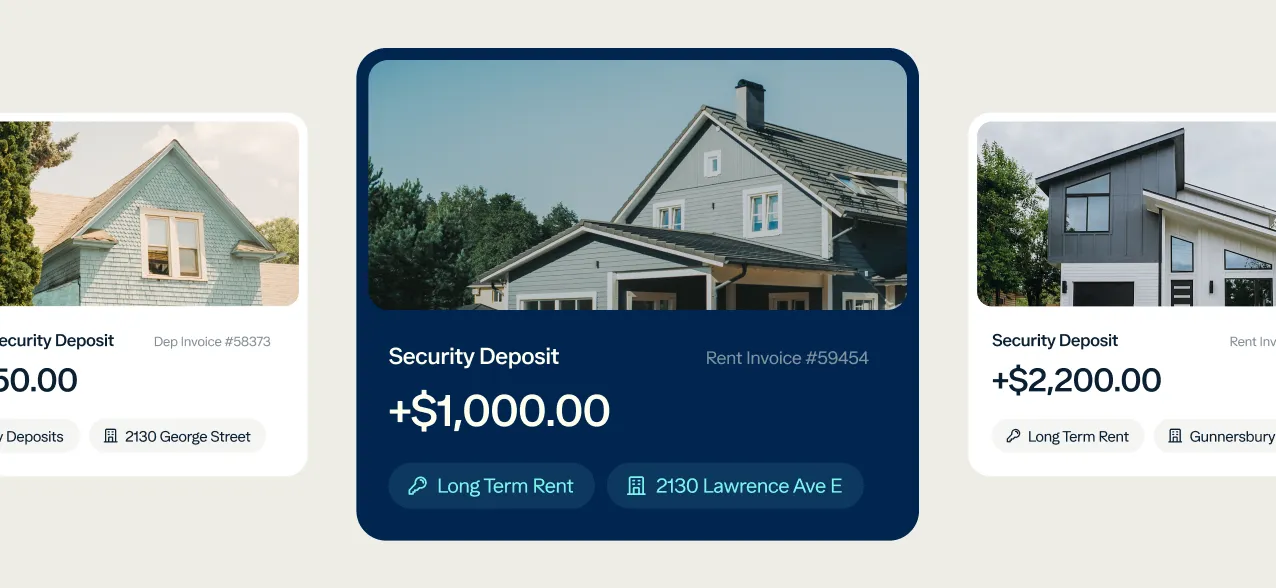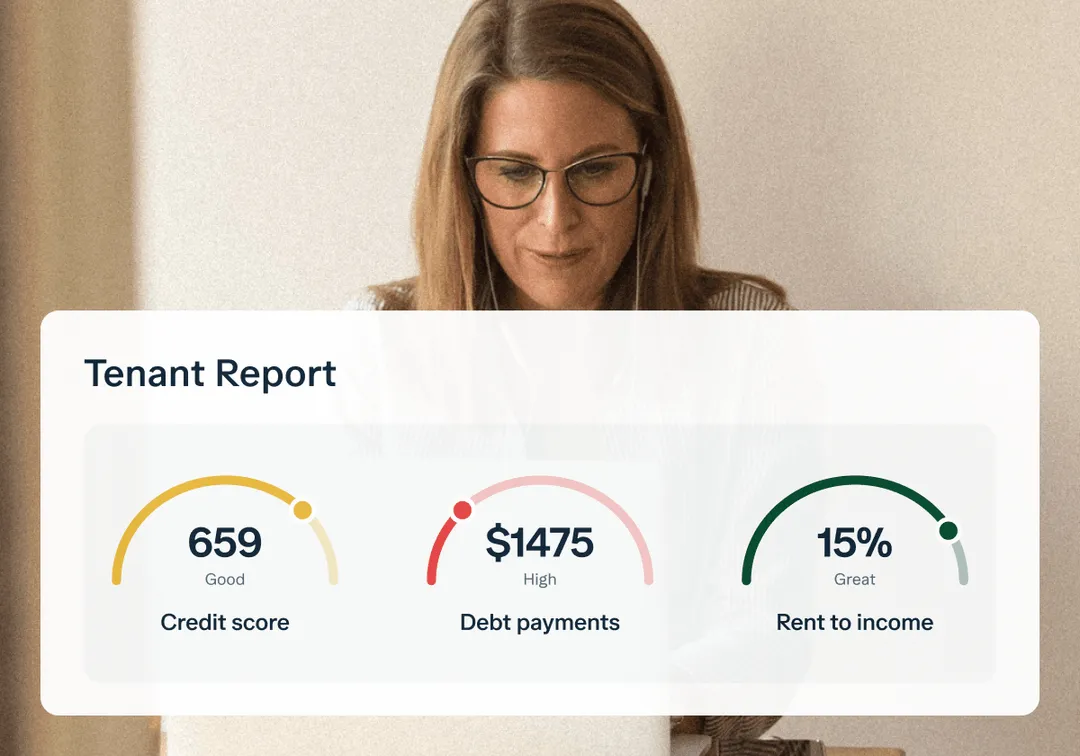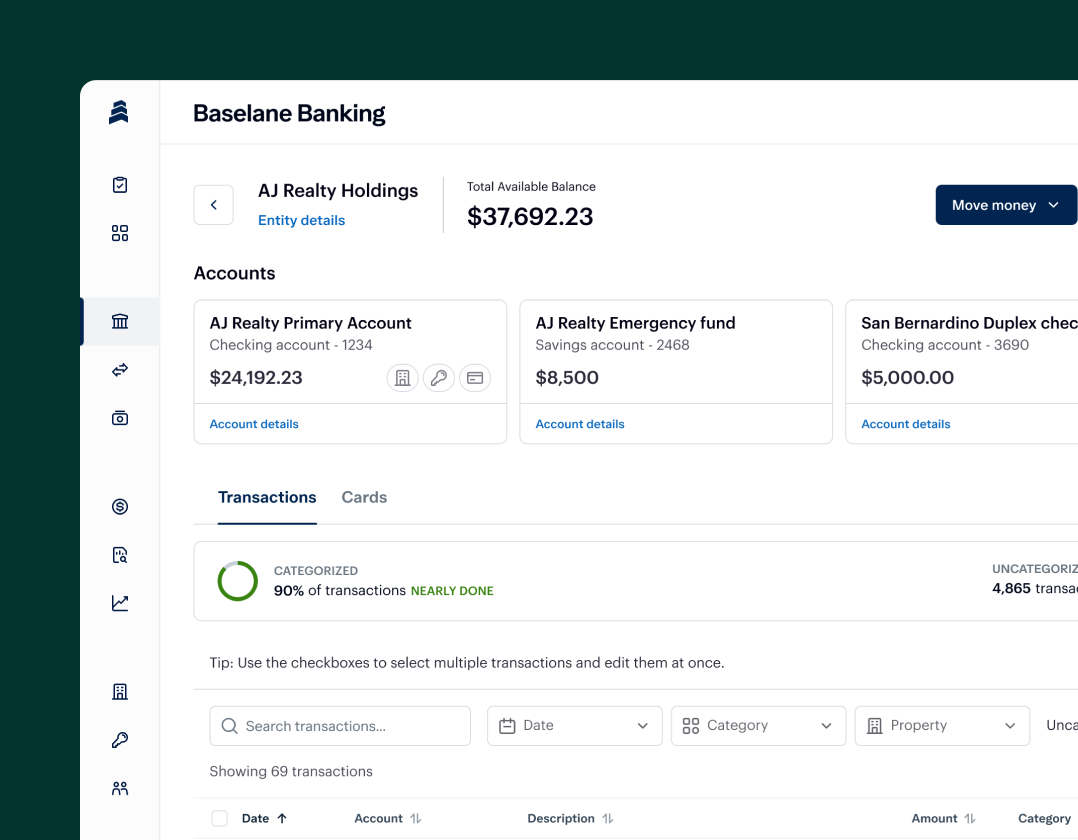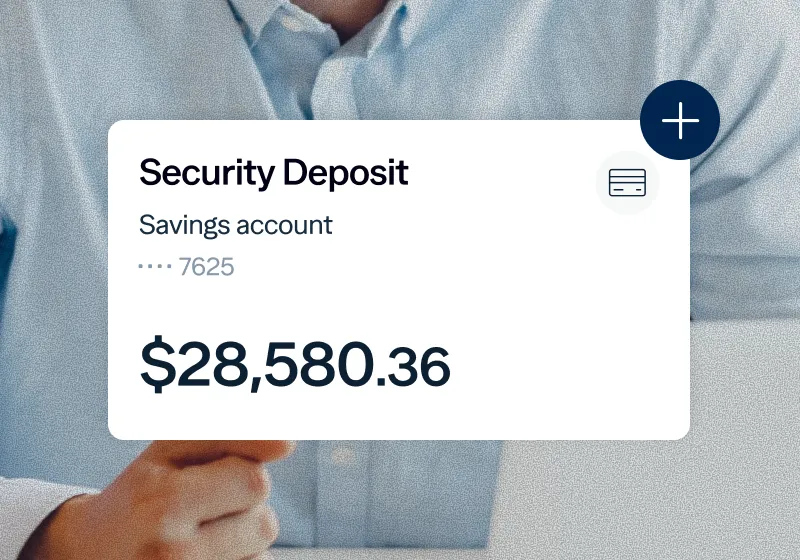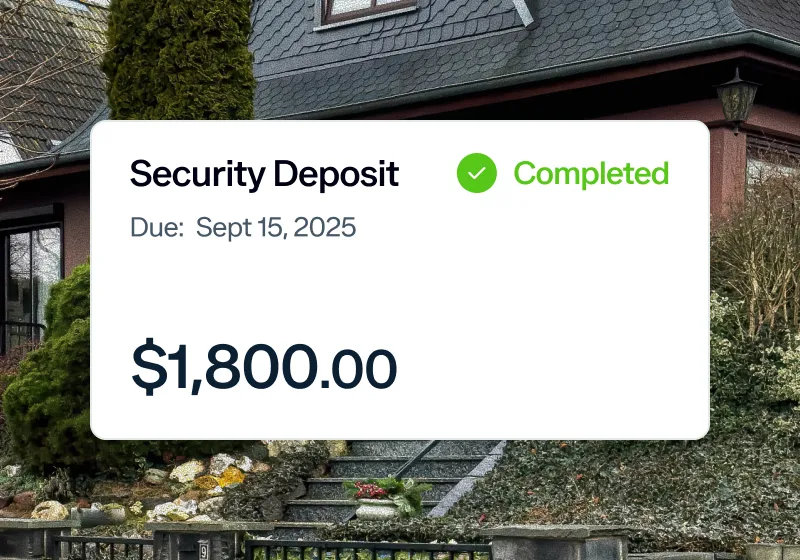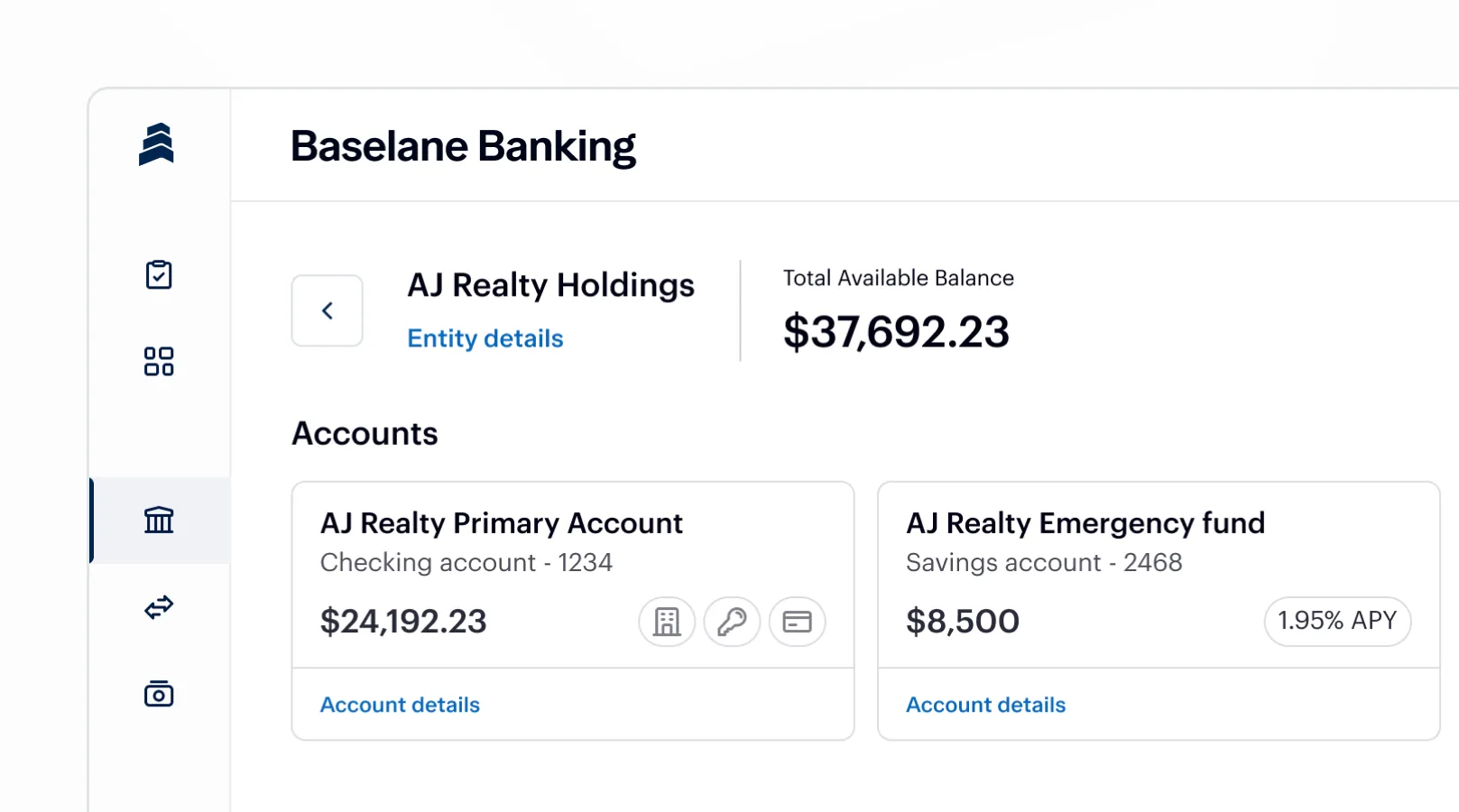In North Dakota, landlords can charge up to one month's rent, plus an additional 2 months’ rent to a maximum of $2,500 for pets, plus 2 months’ rent for felony convictions.
Security deposit rules in {{ state }}
Limit: In North Dakota, landlords may collect a tenant security deposit of up to one month’s rent. However, if the tenant has a pet (other than a service animal), the landlord may collect an additional pet deposit of up to $2,500 or two months’ rent, whichever is greater. The total tenant deposit amount must be clearly stated in the lease agreement, and landlords are encouraged to use a dedicated security deposit bank account in North Dakota to ensure compliance and financial transparency.
Return Deadline: The landlord must return the tenant security deposit, along with an itemized list of deductions, within 30 days after the tenant vacates the rental property. If the tenant terminates the lease early or fails to provide proper notice, the landlord still must return any remaining balance after allowable deductions within the same 30-day period. Failure to comply may make the landlord liable for double the amount wrongfully withheld.
Acceptable Deductions: The tenant security deposit may be used to cover unpaid rent, late fees, damages beyond normal wear and tear, cleaning costs, unpaid utilities, and expenses required to restore the rental property to its pre-lease condition. Landlords must provide an itemized list of deductions supported by receipts, invoices, or written estimates.
Where to Deposit: North Dakota law requires landlords to hold all tenant deposits in a separate financial account located in a federally insured bank or credit union within the state. The funds cannot be commingled with the landlord’s personal or business accounts. While the law does not require the account to be interest-bearing, it is recommended to use a security deposit escrow account in North Dakota or a landlord tenant security deposit bank account in North Dakota to safeguard tenant funds, ensure accurate record-keeping, and maintain compliance with state regulations.
